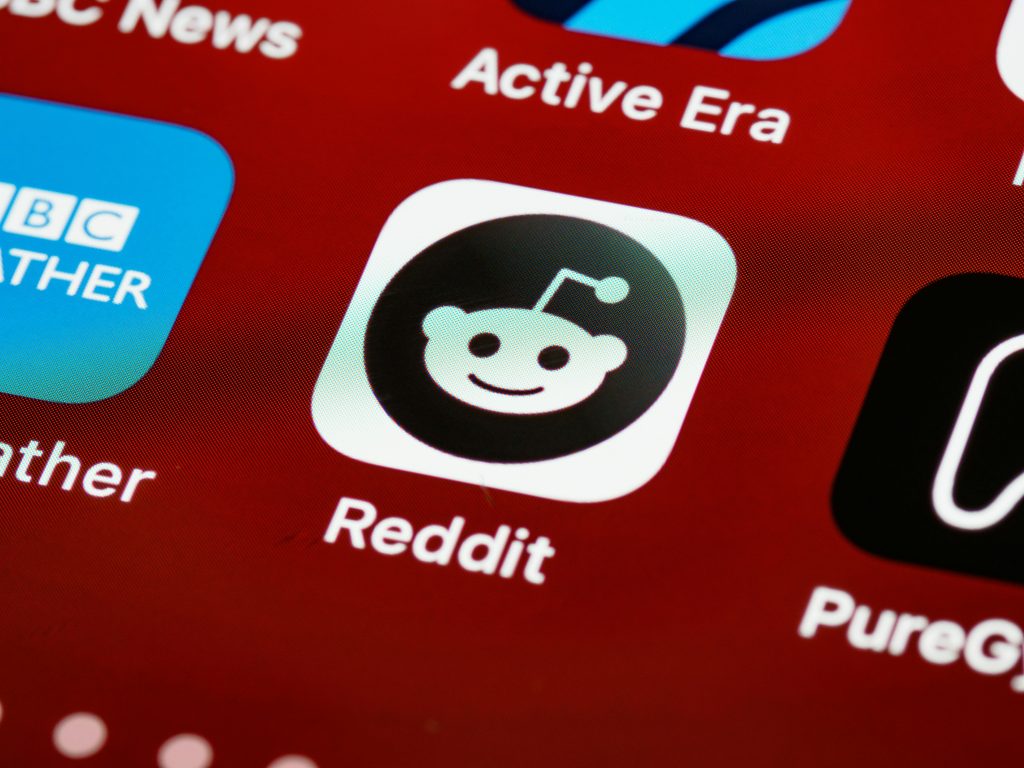Did AT&T Just Pay a Hacker $300K to Delete Data? Here’s What We Know
Recently, a startling revelation emerged involving AT&T and a hacker who claimed to have deleted sensitive data in exchange for a hefty payment. In a surprising turn of events, the hacker released a video purportedly demonstrating that they had erased the stolen information after receiving payment. Many are left scratching their heads at the validity of this claim.
It’s reported that AT&T paid this individual or group over $300,000, supposedly to ensure that their stolen call records were no longer in the hacker’s possession. But is a video truly sufficient evidence to confirm the deletion of such critical data? The internet is buzzing with skepticism and skepticism is only natural.
One can’t help but wonder, with this substantial payout, isn’t there a risk that the hacker might strike again? After all, the payment appears to have created a situation that might incentivize further breaches. It raises a bigger question about the effectiveness of paying off cybercriminals.
WIRED has reportedly seen the video presented by the hacker as proof to AT&T that the data was indeed deleted. However, AT&T has yet to issue a statement regarding the incident, leaving many in the tech community to speculate on the implications.
For those interested in exploring more details about this incident, WIRED’s full article provides further insights into the complexities of ransom payments and data security in the digital age.
As this situation unfolds, it serves as a reminder of the ongoing battle between cybersecurity firms and hackers, highlighting the challenges companies face in protecting sensitive information. What are your thoughts on this? Should companies pay off hackers, or is it better to invest in stronger security measures?
For more information on this topic, feel free to check out the original article on WIRED: AT&T Paid Hacker $300K to Delete Stolen Call Records.
Feel free to share your thoughts in the comments below!
Share this content:




Thank you for sharing this compelling and concerning situation. The incident highlights the critical importance of robust cybersecurity measures beyond just reactive payments. Ransom payments, such as the reported $300,000 to the hacker, can inadvertently incentivize malicious actors to continue their activities, potentially leading to more frequent attacks. It is essential for organizations like AT&T to invest in advanced detection, threat intelligence, and comprehensive data security protocols to protect sensitive information proactively.
While a video may serve as one form of proof, it should not be the sole basis for confirming data deletion. Implementing regular audits, integrity checks, and monitored data backups are key strategies to verify data integrity after any compromise or ransom situation. Additionally, coordinating with cybersecurity experts and law enforcement can provide more clarity and assist in legal proceedings if needed.
Ultimately, the decision to pay hackers should be carefully weighed against potential risks and long-term security implications. Investing in strong security infrastructure, employee training, and incident response plans can help mitigate these threats more effectively than paying ransoms, which often only serve as short-term solutions.
If your organization faces similar threats, consider engaging with cybersecurity professionals to develop a tailored security strategy and ensure your data is resilient against future breaches. Stay vigilant and prioritize prevention to safeguard your critical digital assets.